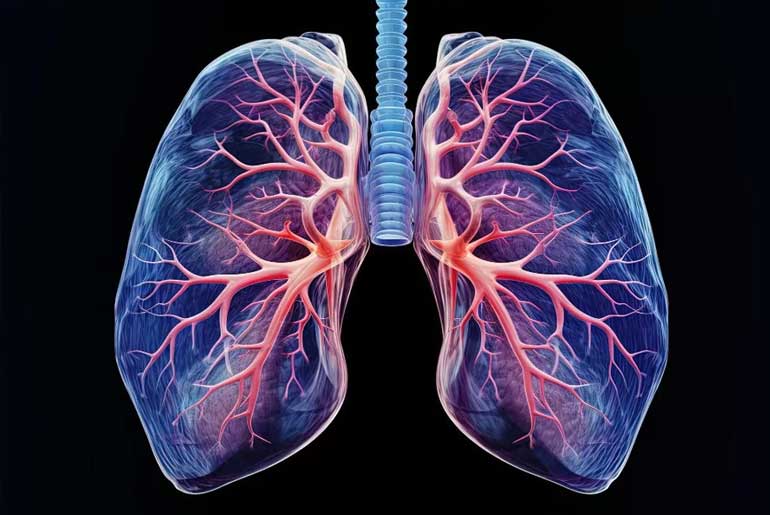World Allergy Week 2024, observed from June 23 to June 29, aims to raise awareness about the alarming rise in allergic disorders, influenced by both host factors—such as race, genetics, gender, and age—and environmental factors, including climate conditions and environmental allergens. This global observance highlights the importance of understanding and mitigating the risks associated with allergies, which are on the rise in both developing and developed nations. In the complex field of medical diagnostics, differentiating between benign allergic reactions and serious conditions like malignancies is crucial, as they often present with similar symptoms. Awareness and timely medical evaluation are essential for improving patient outcomes.
Nasopharyngeal cancer, laryngeal cancer, and lung cancer can present with symptoms that overlap with common conditions such as allergies or infections, making early diagnosis challenging. Understanding the distinguishing features of these cancers is crucial for timely and accurate medical evaluation.
Nasopharyngeal Cancer
Location: Upper part of the throat behind the nose.
Common Symptoms:
- Nasal congestion.
- Persistent sore throat.
- Ear pain.
Distinguishing Features:
- Persistent symptoms that do not improve with standard treatments for allergies or sinusitis.
- Unilateral symptoms like a blocked ear or nosebleeds.
Neurological symptoms such as:
- Double vision.
- Facial numbness.
These symptoms, especially if they worsen over time, necessitate further medical investigation to rule out nasopharyngeal cancer.
Laryngeal Cancer
Location: Voice box (larynx).
Common Symptoms:
- Hoarseness.
- Persistent cough.
- Sensation of a lump in the throat.
Distinguishing Features:
- Hoarseness lasting more than three weeks.
- Persistent throat pain.
- Difficulty swallowing.
- Unintended weight loss.
Hoarseness persisting beyond three weeks and other symptoms mentioned should prompt a thorough evaluation for laryngeal cancer.
Lung Cancer
Location: Lungs.
Common Symptoms:
- Persistent cough.
- Wheezing.
- Shortness of breath.
Distinguishing Features:
- A cough that does not improve and lasts more than eight weeks.
- Coughing up blood.
Systemic symptoms such as:
- Unexplained fatigue.
- Unintended weight loss.
Symptoms like a persistent non-responsive cough and systemic signs such as fatigue and weight loss are critical for early detection of lung cancer.
While these cancers can mimic more benign conditions like allergic rhinitis, sinusitis, chronic laryngitis, allergic asthma, or chronic bronchitis, the persistence, unilateral nature of symptoms, and the presence of neurological or systemic signs are red flags. Recognizing these key differences is essential for healthcare providers to initiate appropriate diagnostic tests and interventions promptly. If you or someone you know experiences these symptoms, especially if they persist or worsen over time, seeking medical advice is imperative.
Disclaimer:
The information contained in this article is for educational and informational purposes only and is not intended as a health advice. We would ask you to consult a qualified professional or medical expert to gain additional knowledge before you choose to consume any product or perform any exercise.








